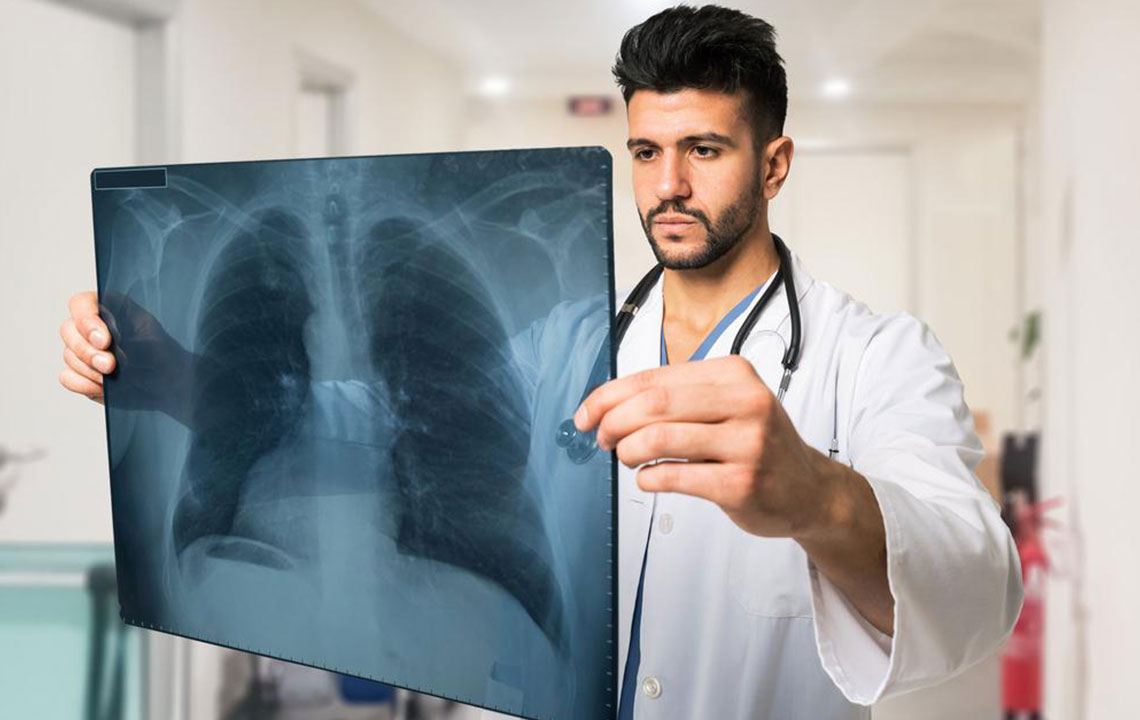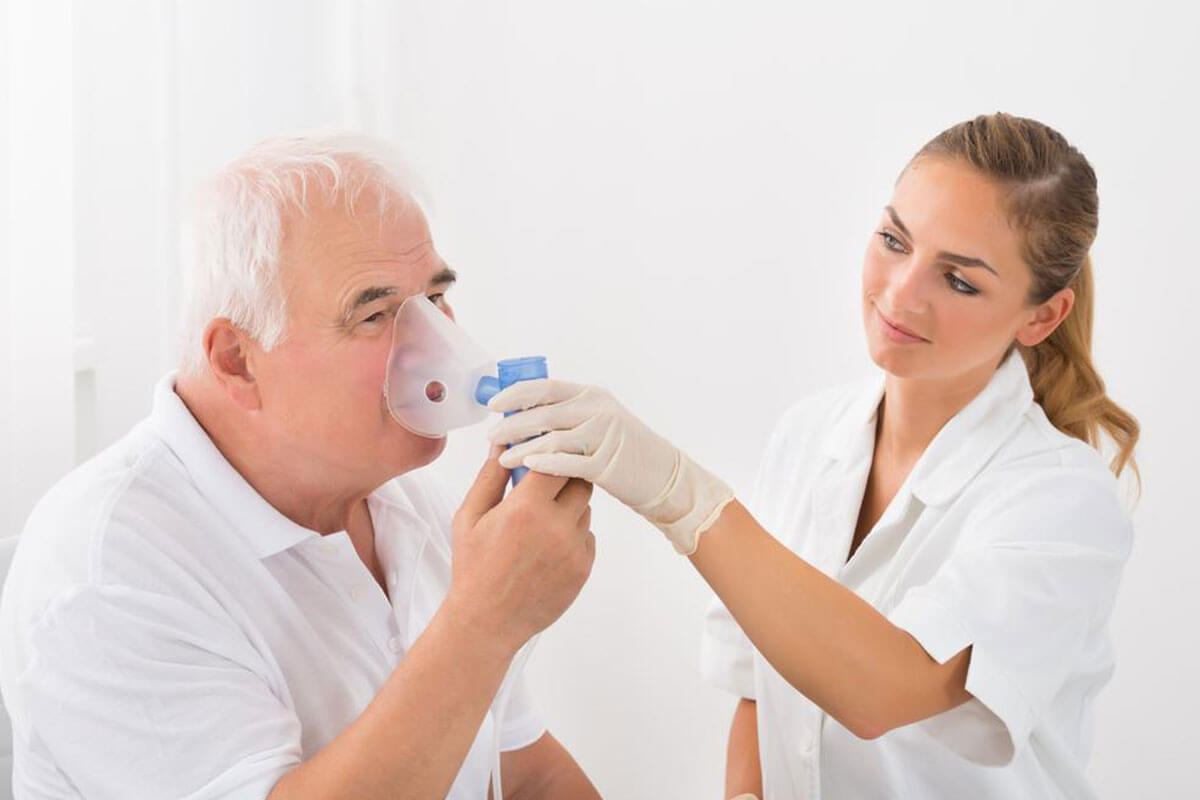Essential Strategies to Prevent Bacterial Lung Infections
Learn key strategies to prevent bacterial pneumonia, including effective vaccination options, lifestyle habits, and early symptom management. Protecting high-risk groups through vaccination and good hygiene can significantly reduce infection risks. Consult healthcare professionals for personalized advice and treatment options to ensure quick recovery.

Effective Methods to Prevent Bacterial Lung Infections
Bacterial lung infections, caused by bacteria such as Streptococcus (pneumococcus), lead to inflammation of the lungs' air sacs filled with fluid, hindering breathing. Normally harmless bacteria residing in the throat can cause illness if the immune system weakens. These infections may target one or both lungs.
Risk factors include advanced age, post-surgical recovery, chronic illnesses like diabetes or heart disease, smoking, alcohol abuse, poor nutrition, or prior viral pneumonia.
Preventative measures are vital, especially for high-risk groups:
People over 65
Individuals recovering from surgery
Those with chronic health conditions
Smokers and excessive drinkers
People with viral respiratory infections
Vaccination is key:
Pneumococcal conjugate vaccine protects against 13 bacterial strains and is recommended for:
Children under 5
People over 65
High-risk individuals
Pneumococcal polysaccharide vaccine offers protection against 23 bacteria strains and is advised for:
Adults over 65
Children above 2 years
Adults 19-64 with asthma or who smoke heavily
Vaccines lower but do not eliminate pneumonia risk. Daily habits also play a role:
Quit smoking
Avoid contact with sick individuals
Practice good hand hygiene with sanitizer
Maintain a balanced diet rich in proteins and fiber
Ensure adequate rest
If experiencing cold symptoms, consider these tips:
Rest sufficiently
Use a humidifier
Stay hydrated
Take immune-boosting supplements
For recovery from bacterial pneumonia:
Only take medications prescribed by your doctor, typically antibiotics
Use breathing treatments or oxygen if advised
For persistent cough, use medications as recommended, knowing that coughing aids lung clearing
Drink plenty of fluids to aid recovery
Timely diagnosis and proper treatment are crucial. Always consult healthcare professionals before starting medication, as untreated bacterial pneumonia can be dangerous.










